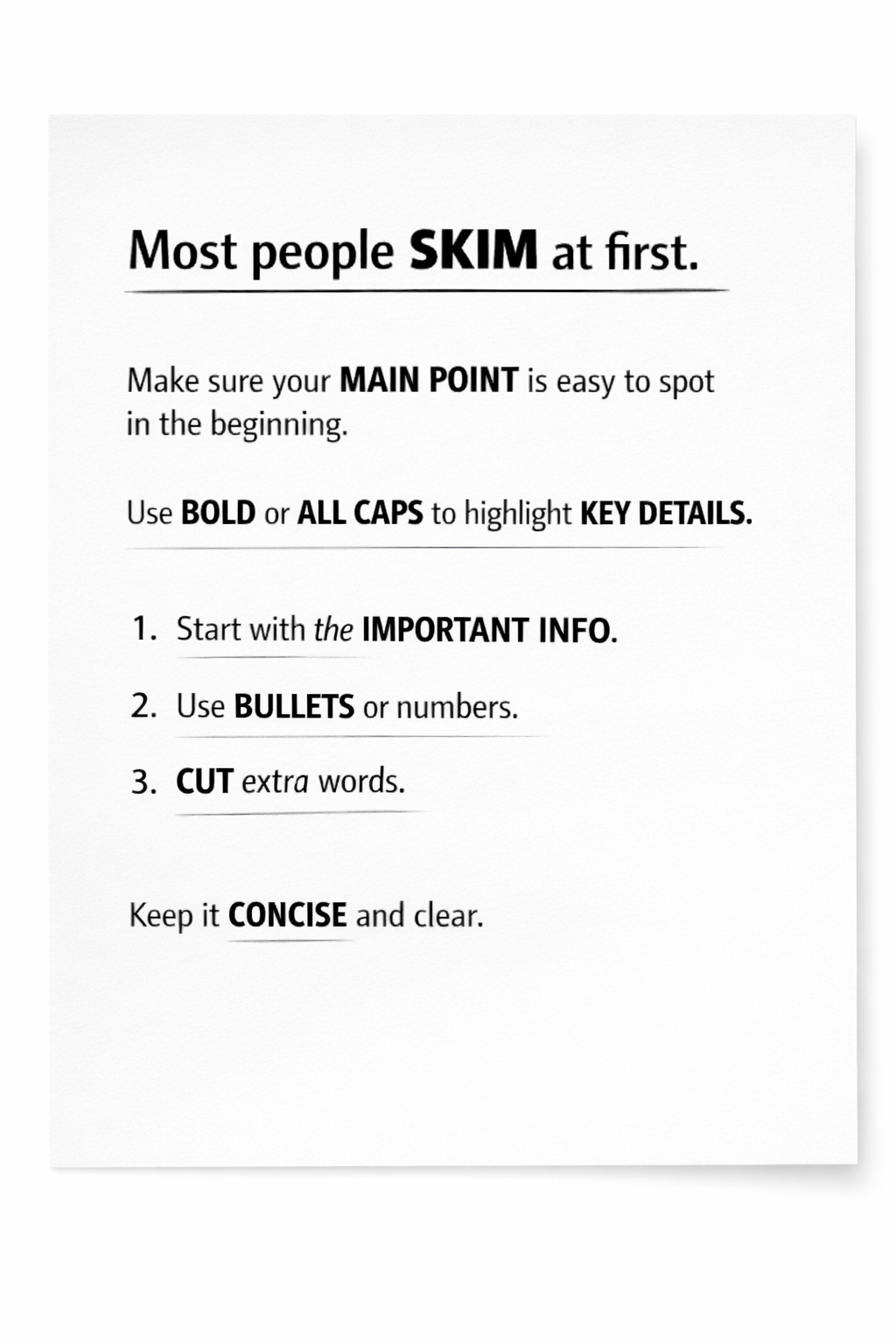Nib #91 Jargon isn’t the Problem
Jargon gets a bad wrap.
To listen to most writing advice these days, you’d think that specialized, technical language is inherently wrong and should never be used.
But that’s silly. Jargon helps people communicate — that’s why we create it. Every group with specialized knowledge has its own vocabulary: chemists, stock brokers, Dungeons and Dragons nerds, sports gamblers, etc.
Used properly, jargon saves time, money, and lives. Think of doctors in an emergency room — “Give one of epi I-V push, stat!” — or soldiers on a battlefield — “Contact front, request immediate suppression, danger close!”
The only admonition against jargon is that it oughtn’t be used to communicate with people who don’t understand it. It comes across as cliquish and snotty, like you’re lording your in-group membership over uninitiated outsiders. Misusing jargon in this way is an especially toxic problem in Washington because unlike in other industries, here the insiders work for the outsiders. The solution is for D.C. people to always remember to write like it.
It’s perfectly fine for emails between congressional staffers to be full of Hill jargon because it saves time and energy. A congresswoman’s speech to a local Chamber of Commerce should probably avoid Hill jargon, but could employ some business jargon — “ROI,” “pass-throughs," “depreciation.” A Senator’s opening remarks at a town hall meeting, on the other hand, should probably drop jargon altogether.
Just focus on communicating clearly with each particular audience you're writing to, and the jargon will take care of itself.
Until next week… keep writing!











